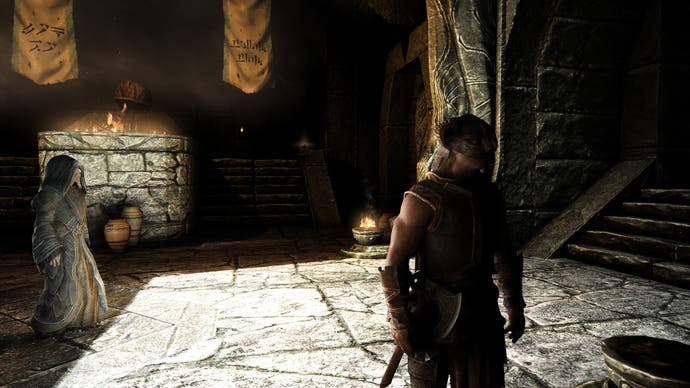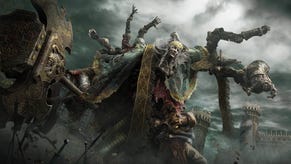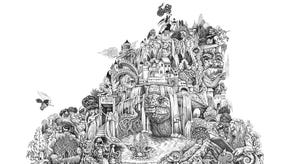Skyrim modded with path-traced lighting - and all DX9+ games could follow
The maker of ReShade's RTGI mod reveals his next big project.
Enterprising developer Pascal Gilcher, best known for creating a ReShade add-on for ray-traced global illumination (RTGI), has unveiled his work on a path-traced version of Skyrim Special Edition. Even more excitingly, this new ReShade add-on operates on similar principles to Nvidia's RTX Remix, with the potential to add world-space (rather than screen-space) path-traced lighting to thousands of games based on DirectX 9 or later.
This new PTGI upgrade is significantly easier to implement than RTX Remix, which requires a good amount of coding to implement. Pascal, in contrast, promises "a little bit of clicking around in the [interface]" that works in pretty much any DX9+ game that the ReShade plugin can operate in.
Behind the scenes, Pascal says that the add-on works by grabbing pretty much all calls to the graphics card no matter their parameters, in a similar manner to debugging tools like NSight or RenderDoc. From here, you can pass the data to the shaders and do your own things with it; getting the special world-space path tracing shader to work just requires sending it the appropriate input data for the game it's running in, a process that can take anywhere from 10 minutes to two hours.
The actual path tracing works using voxels, generated by a sparse pointer-based solution in a volume of 2048x2048x1024 units - similar to SEUS PTGI for Minecraft.
The project is still in an early stage, but the idea is that eventually each game should have a tweakable ENB file that determines how the path-tracing operates in that title, making it easy for people to enable path tracing in a wide range of games after someone has done the tweaking and configuration needed to produce a good result.
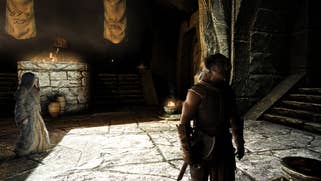
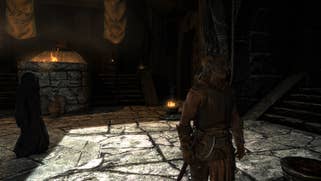
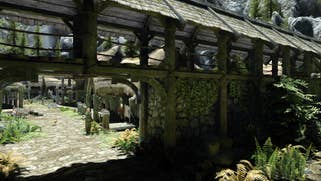
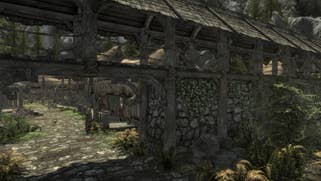
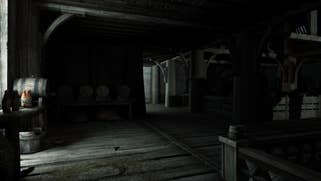
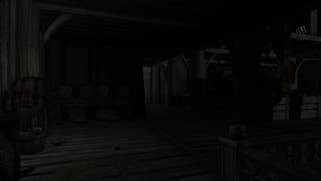
At present, the goal is to make the add-on functional for a wide range of games, rather than specialising it for Skyrim specifically. It has the advantage of being patch-stable (ie it's operating at such a low level that game or driver updates aren't likely to affect its efficacy), so once it is ready for release it should continue to improve over time without any significant regressions as you'd expect from more game-specific mods.
In our conversation, Pascal mentioned the possibility of improving the add-on by integrating it more deeply, eg disabling shadow mapping or adding missing light sources. Theoretically, it should even be possible to perform RTX Remix-like replacement of geometry, allowing for a more substantial visual upgrade, even using hardware acceleration with BVH, but this isn't likely to be included in the near future.
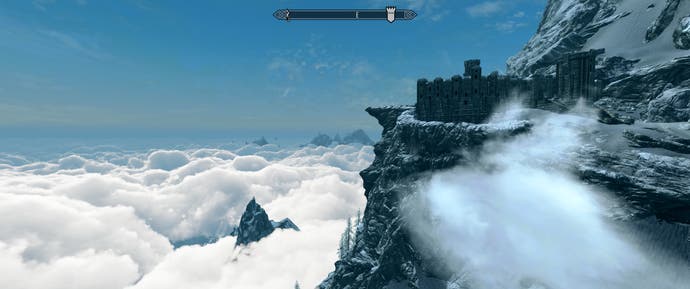
While Skyrim is the primary test case at present, Pascal has also successfully captured buffer data in games like Grand Theft Auto 5 and Control - the latter being a DirectX 12 title that is already one of the best examples of RT in a shipping game. Of course, there's little point in hacking path-tracing into a game that's already well known for its RT implementation.
For Grand Theft Auto 5, the screenshots below show the add-on grabbing the geometric and volumetric lighting data from the game in real time, an important proof-of-concept step that opens the door to changing those buffers to use path tracing.
.png?width=690&quality=75&format=jpg&auto=webp)
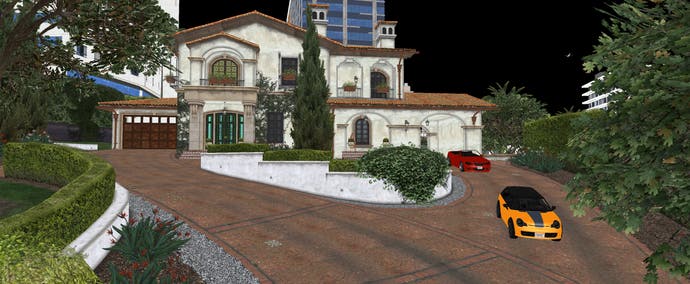
The PTGI project is already in an impressive state after two years of development, and if Pascal is able to deliver on his promise of easy integration into tons more DirectX 9 and later titles, then this could be a huge win for the PC community.
It also raises the question of whether developers ought to consider similar techniques for future game remasters. After all, if a single enterprising developer is able to get this working in a relatively constrained time period, surely an entire dev team would be able to achieve even better results?
For now though, it's fascinating to see what can be accomplished by this kind of buffer-hacking technique, and we'll be sure to follow along with the project's progress closely to see where it goes from here. News about the project is to be released at Pascal's site Marty's Mods.
